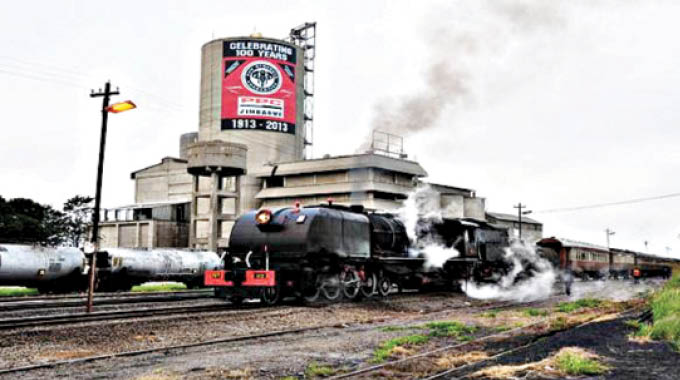Weak demand, forex shortage frustrates PPC

CEMENT producer PPC’s shares slumped more than a fifth in early trade last Thursday after the company said interim earnings could fall more than 80% because of low demand for its products in SA and shortage of foreign currency in Zimbabwe.
This shines the spotlight on the challenges that PPC’s new CEO Roland van Wijnen, who took over six weeks ago, will grapple with in turning around SA’s largest cement maker.
PPC’s shares hit a 53-week low after falling 21.28% in early trade. But the stock recovered to close 12.31% down at R3.42, the largest one-day decline since March 2002. Since the beginning of 2019 the stock has shed more than 42% of its value.
The company’s disappointing performance comes amid a surge in imports, lack of infrastructure investment, mooted price increases in Southern Africa and weak consumer demand. PPC must also make provision for carbon tax, which came into effect on June 1 2019. PPC has said that the effect of carbon tax would be R100m-R120m for cement and lime per year. PPC partially attributed the expected fall in earnings to inflation in Zimbabwe exceeding 150% in the six months to end September.
Mish-al Emeran, an equity analyst at Electus Fund Managers said though PPC had said that the Zimbabwe operation was self-funding, PPC Zimbabwe’s US$21m (R310m) debt due to PPC SA posed a balance-sheet risk.
PPC owns 70% of PPC Zimbabwe, which includes a clinker manufacturing operation at Colleen Bawn and two milling plans in Bulawayo.
PPC Zimbabwe is that country’s largest cement manufacturer. The Zimbabwean operations have a total capacity of 1.4-million tons a year. PPC said in a trading statement that earnings before interest, tax, depreciation and amortisation (ebitda) in Zimbabwe was expected to fall by 40%-45% from the prior period’s R352m. “PPC has been closely monitoring the economic situation in Zimbabwe and though the business is self-sufficient, the Zimbabwe Public Accountants and Auditors Board (PAAB) announced that Zimbabwe is a hyperinflation economy,” PPC said in a trading statement.
It said the rapid increase in inflation to more than 150% at the end of September and lack of access to foreign currency supported PAAB’s assertion about hyperinflation. PPC said other than the hyperinflation in Zimbabwe, other drivers of the decline in ebitda were the “difficult trading conditions” in SA and one-off restructuring costs amounting to R85m.
PPC has a presence in SA, Botswana, Democratic Republic of Congo, Ethiopia, Rwanda and Zimbabwe.
PPC said the group’s ebitda was expected to fall by 15%-20%, compared to the ebitda of R1.03bn in the six months to September 2018. Headline earnings per share were expected to decrease by 65%-85% from the prior period’s 21c. — Business Day











Comments